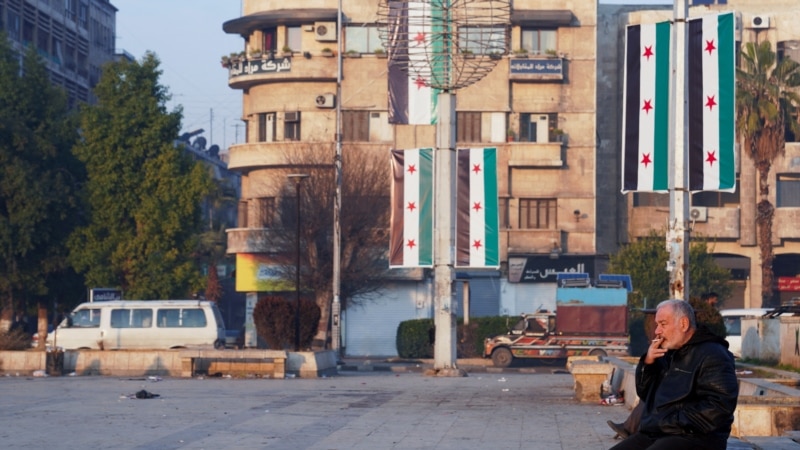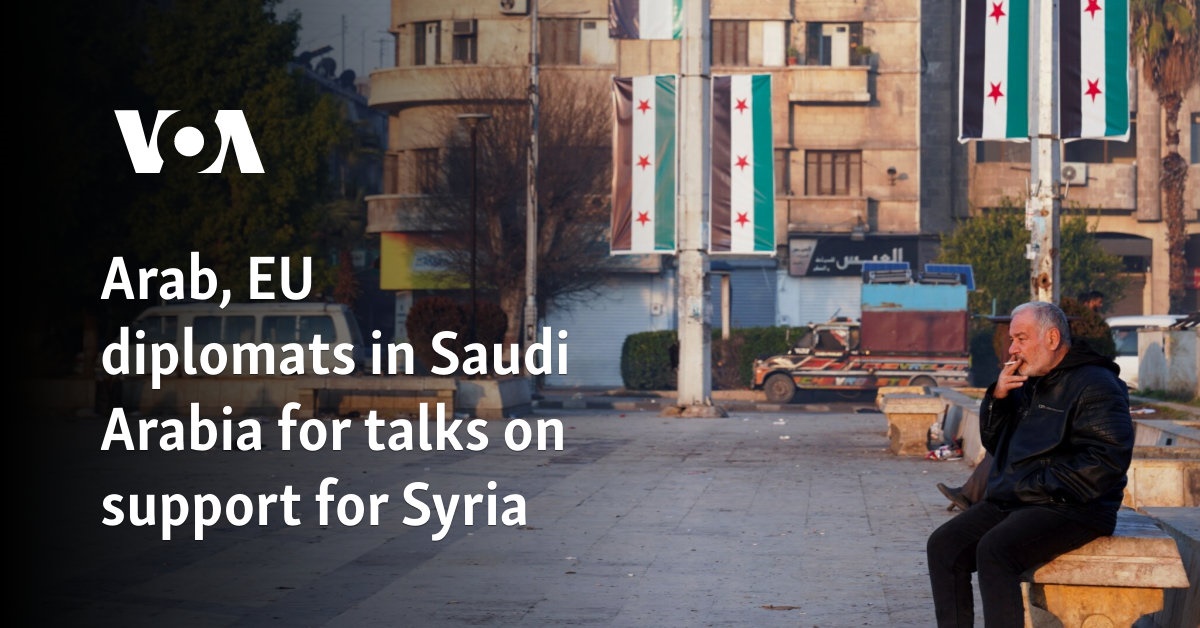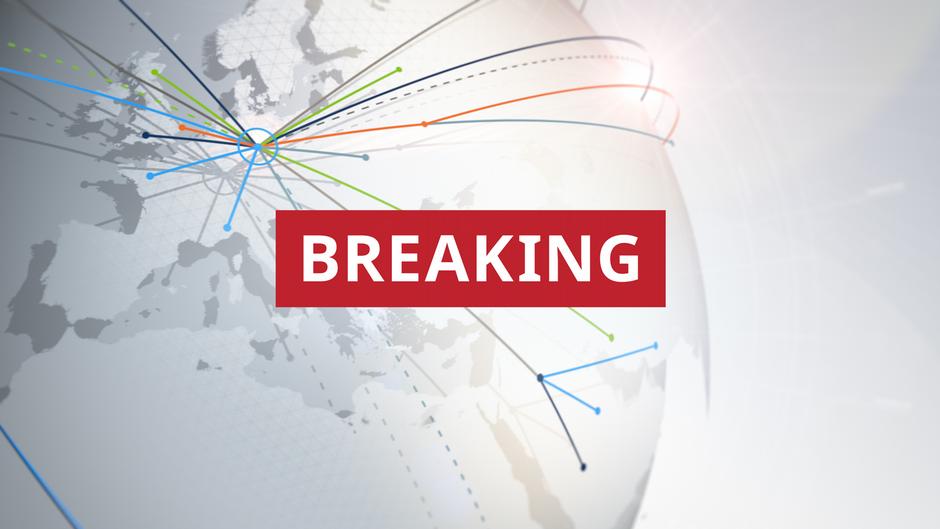
Top diplomats from the Middle East and Europe are heading to the Saudi capital for talks on Syria as world powers push for stability following the fall of Bashar al-Assad.
The talks on Sunday will take place in two sessions: the first will bring together Arab officials while the second will involve broader participation including Turkey, France, the EU, Britain and the United Nations, a Saudi official told AFP on Saturday.
The gathering comes as Syria’s new leader, Ahmed al-Sharaa, whose forces captured Damascus and ousted longtime ruler Assad last month, is pushing for sanctions relief.
Western powers, including the United States and the European Union, imposed sanctions on Assad’s government in 2011 over a brutal crackdown on anti-government protests, which triggered a civil war.
Restrictions can be lifted if conditions are met
More than half a million people have been killed in Syria’s 13-year-long conflict, devastating the economy and forcing millions to flee their homes, including in Europe.
The European Union’s top diplomat Kaza Kallas said Friday the 27-nation bloc could begin lifting sanctions if Syria’s new rulers take steps to form an inclusive government that protects minorities.
Saudi Arabia cut ties with Assad’s government in 2012 and has long openly advocated his ouster. But in 2023 it hosted an Arab League meeting that welcomed Assad back into the regional arena.
This month the Gulf kingdom, the Middle East’s largest economy, has sent food, shelter and medical supplies to Syria.
Riyadh is now holding talks on how to help the war-torn country move beyond this.
“This summit sends the message that Saudi Arabia wants to lead the coordination of regional efforts to support Syria’s recovery,” said Anna Jacobs, non-resident fellow at the Arab Gulf States Institute in Washington.
“But the big question is how much time and how many resources will Saudi Arabia devote to this effort? And what is possible with so many sanctions in place?”
Talks continue in the meeting
The Saudi official said Sunday’s meetings represented a continuation of talks held in Jordan last month on post-Assad Syria.
U.S. Deputy Secretary of State John Bass is also scheduled to attend, coming from talks in Turkey that focused in part on “the importance of regional stability, preventing Syria from being used as a base for terrorism, and combating the Islamic State group.” ensuring permanent defeat”. The State Department said.
Saudi Arabia is one of the countries taking a more cautious approach toward Syria’s new administration than Turkey and Qatar, which reopened embassies in Damascus after Assad’s fall, said Omar Karim, an expert on Saudi politics at the university. First there were countries. Birmingham.
Yet Riyadh is “positively approaching” the new leaders in Syria to see if they can bring stability and “control the more extreme elements in (its) ranks,” Karim said.
Sunday’s gathering “gives Riyadh an opportunity to increase its influence with the new Syrian government and exert more influence in a country where Turkey and Qatar now have more influence,” Jacobs said.






Leave a Reply